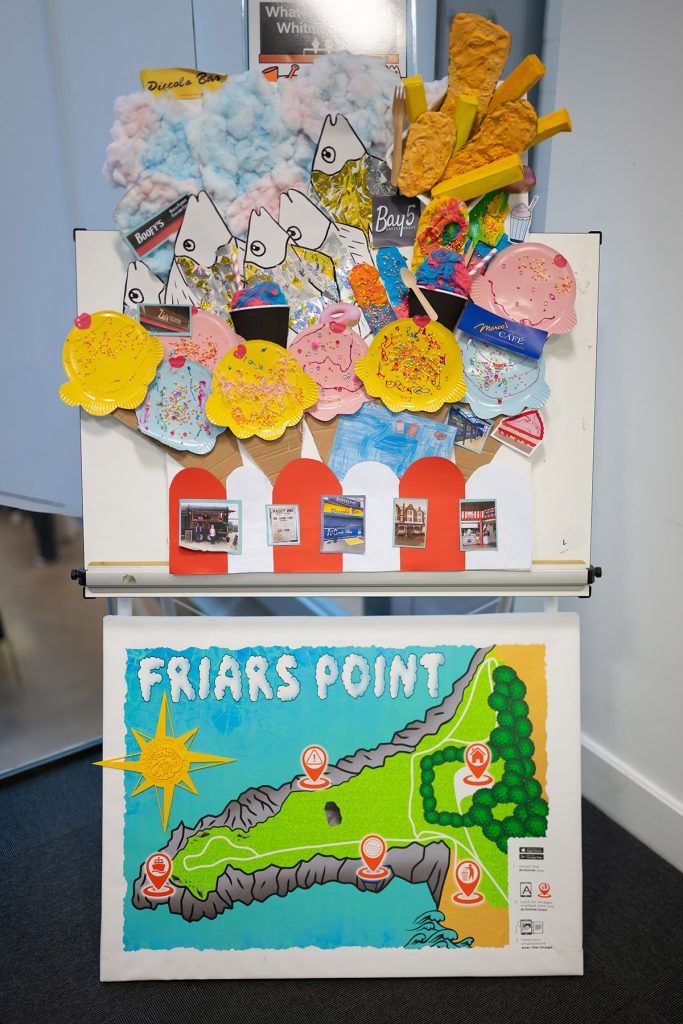
A video interview with Dr Tine Munk
A new report reveals how internet memes have become powerful tools in the global fight against information disorder during the war in Ukraine.
The Complex Web in Memetic Warfare, by Nottingham Trent University (NTU) in the UK and Aarhus University in Denmark, explores the role of the North Atlantic Fella Organization (NAFO) – a grassroots online movement using humour, satire, and visual storytelling as a form of civic resistance.
NAFO emerged in May 2022 as a volunteer-driven network supporting Ukraine, with members signalling their belonging with the use of a Shiba Inu avatar. Operating primarily online and without central leadership, NAFO has grown into a global movement – engaging thousands of individuals worldwide in what members describe as “digital volunteering.”
Their activities include countering Russian propaganda, fact-checking misinformation, reporting online accounts and posts, fundraising, and boosting public morale through memes.
The report, funded by the British Academy and Leverhulme Trust, draws on a global study which featured a survey of 255 NAFO and affiliated participants, 39 in-depth interviews, and extensive digital content analysis.
Findings show that memes are not just for entertainment, but are being used to shape public conversation, mobilise international support, and challenge disinformation. NAFO’s use of humour has proven especially effective in reaching disengaged audiences, raising awareness about false information through coordinated actions, and flipping the dynamics of online debate.
Participants also reported improved digital literacy, becoming more skilled at identifying false narratives and navigating complex online environments.
The research also looked at the motivations of the group members for engaging in political warfare, finding that it lay deeply rooted in personal values, emotional responses, and a shared commitment to civic resistance. Members also described feeling anger, frustration, and helplessness after Russia’s invasion and, for many, NAFO offered a tangible way to channel these feelings into meaningful action.
For many Ukrainians, seeing meme-based support from around the world provides emotional and psychological reassurance, reinforcing a sense of global solidarity.

However, the report also highlights ethical concerns around the use of graphic imagery. While some participants believe such content is necessary to expose the realities of war, others view it as potentially harmful. Despite differing views, there is a shared understanding of the need for a moral code in digital activism.
“Russia has weaponised memes as part of a broader strategy of offensive information warfare – using troll farms, state-controlled media, and AI-generated content to spread false and misleading information as part of their strategy to sow confusion,” explained Dr Tine Munk, lead researcher and Senior Lecturer in Criminology at NTU’s School of Social Sciences.
“In contrast, Ukraine has embraced humour as a defensive tool. The government, civil society, and online influencers use memes to reach wider audiences, lift public morale, and discredit Russian propaganda by making it appear absurd and untrustworthy.”
Dr Ian Mahoney, co-author and NTU Senior Lecturer in Criminology, added: “NAFO’s community efforts blur the lines between activism, advocacy, and online subculture. Memes are becoming a form of soft power in warfare – no longer fleeting internet jokes, but tools with real-world consequences and political impact.”
To better understand and respond to the growing influence of memes in shaping public opinion, researchers and governments are encouraged to invest in tools that can trace how memes spread and influence audiences.
The report recommends further exploration of how memes can be used as positive forces in digital activism, especially in conflict and war zones where information is often distorted. NAFO’s success in using memes to support democratic values and counter disinformation highlights the potential of such strategies to engage the public and reduce political apathy. Governments can learn from this to better connect with citizens and promote civic participation.
The report also calls for stronger media literacy efforts and clearer ethical guidelines for using memes, especially as AI-generated content becomes harder to detect. Social media platforms should improve content moderation by combining AI tools with professional oversight and user reporting systems. Features like content blurring, autoplay controls, and graphic content filters should be strengthened to give users more control and reduce harm.
Ultimately, a coordinated approach involving researchers, governments, platforms, and civil society is recommended to ensure memes are used responsibly and effectively in the digital age.
The report can be read here: The complex web in memetic warfare: a comprehensive analysis of societal dynamics, interactions and impact – IRep – Nottingham Trent University




